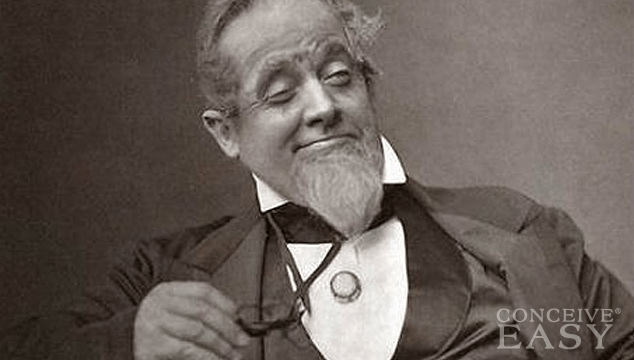Fertility medicine is a key part of reproductive medicine and deals with the diagnosis and proper management of fertility issues affecting both women and men. It is a specialized branch of medicine which helps couples to conceive by treating a variety of medical disorders leading to impaired fertility. Claim Your 20 Free Pregnancy Tests – Click Here
Medical assistance is crucial for couples who have been unsuccessful in conceiving after at least one year of trying. Following complex fertility tests, the fertility expert prescribes an individualized treatment for each couple, aimed at addressing specific fertility problems. The 4 main fertility options provided by this branch of medicine in fertility clinics include the following.

Induction of ovulation with the use of specific medication that stimulates the development of mature follicles, able to support egg formation in the ovaries. Clomid (Clomiphene citrate) is the most commonly used medication for this purpose. Women who do not ovulate on their own and want to get pregnant can benefit from taking Clomid orally.
For women who do not respond to Clomid alone, Metformin or letrozole is added to Clomid. If women fail to ovulate or do ovulate, but fail to get pregnant, then injections with FSH hormones (gonadotropins) should be considered. 90% of women with lack of ovulation are able to ovulate after completing this treatment. For the rest of 10%, this type of medication is combined with intrauterine insemination.

Intrauterine or artificial insemination (IUI) is an effective procedure which helps women to get pregnant, usually if combined with ovulation-inducing drugs to stimulate the release of multiple eggs. The timing of the insemination is of importance. The procedure should be performed at or before the time of ovulation, because the eggs can be fertilized up to 24 hours after ovulation. If this therapy does not work, other options should be considered.

In vitro fertilization (IVF) represents an effective and revolutionary treatment option, courtesy of fertility medicine, providing higher success rates than intrauterine insemination. This advanced procedure involves complex steps including, the process of taking the mature eggs from the ovaries and of fertilizing the eggs in the lab, followed by transferring the embryo into the middle of the uterine cavity.
If there is a remaining viable embryo, the couple can choose to have it frozen for future use. The implantation success rate decreases with age; there is a 47% implantation rate for women under the age of 35 and 18% for women above the age of 40. The transferred embryos which are successfully implanted result in pregnancy. IVF is the miraculous discovery of modern reproductive medicine.

Male fertility treatment addresses male fertility issues due to low sperm count, reduced sperm motility, abnormal sperm morphology or shape and decreased sperm number or volume. The main fertility medicine for men are the same as for women, specifically injectable hormones called gonadotrophins. The two main forms are
human menopausal gonadotrophin (hMG) and human chorionic gonadotrophin (hCG).
These are the main approaches reproductive medicine has to choose from nowadays. They are not 100% effective, but they do increase the chances of conceiving to a great extent.










Comments